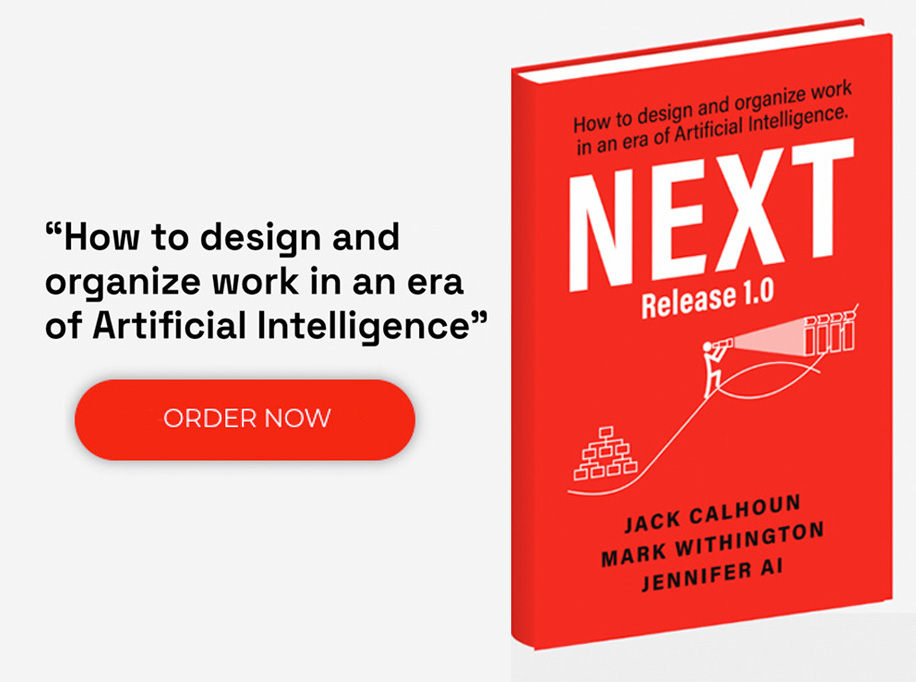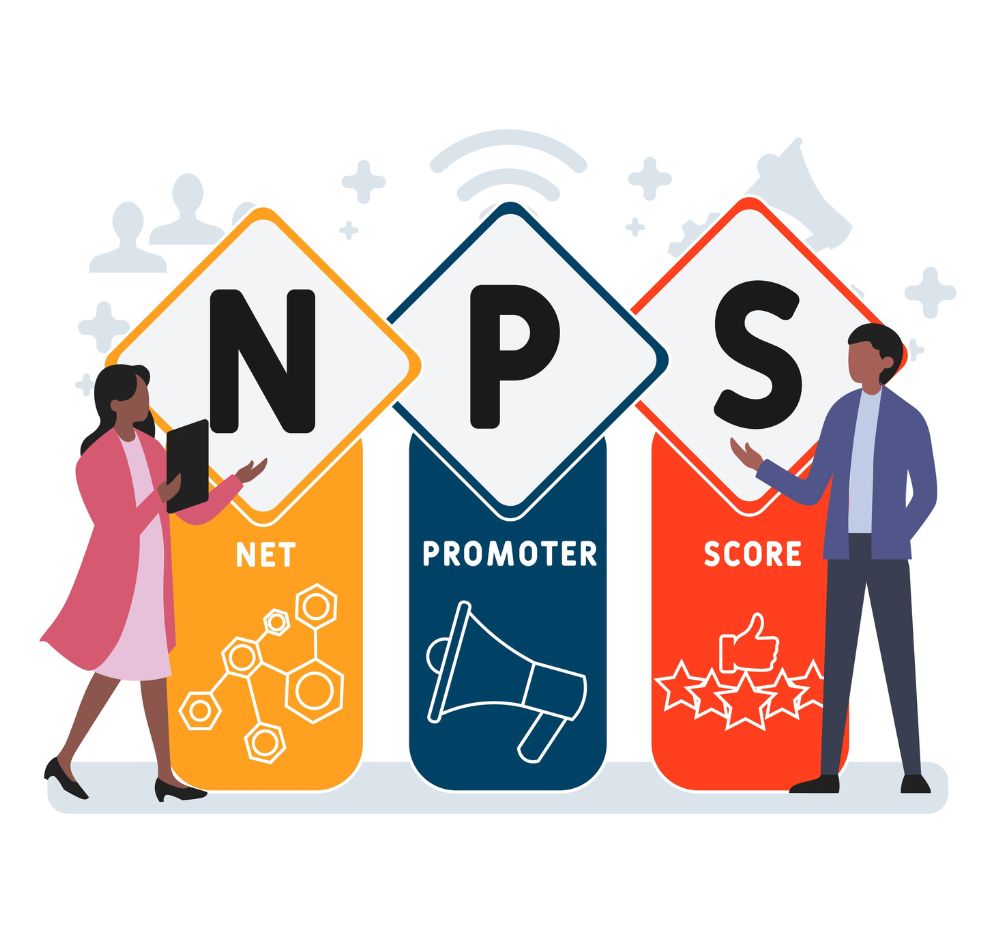Five Things That Businesses Can Learn from Hans Rosling
“Let the dataset change your mindset” – Hans Rosling
“Few people will appreciate the music if I just show them the notes. Most of us need to (hear it)” – Hans Rosling
On February 7, 2017, the world lost Hans Rosling, a Swedish physician, academic, and statistician. He was a champion of knowledge, who sought to change the world by giving people the education that they needed the most. He knew that peoples’ misunderstandings of the world come from not ignorance but preconceived ideas, and he advocated to change those misgivings through educational forums.
In a short 4-minute video clip, Hans Rosling recreates the history of the world, based on population, wealth, and life expectancy. It created a legion of followers far from the academic and aid world base from which the work originally sprung. Hans Rosling showed us that the world is stuck in the past — in order to move forward we need to drop our initial assumptions and understand the data.
The same can be said for business. Many companies are stuck in the past and need a way to move forward. How can they do that? In the same way Hans Rosling helped the aid world this can help business. One of the most impressive parts of Hans Rosling’s talks are that he takes something that is not particularly interesting or engaging and turns it around to make it interesting by leveraging the data and telling a story with it. There is so much data out there, but much of it is not used or not accessed, impeded by “stupid passwords, boring statistics.”
What Five Things Can Businesses Learn from the Work of Hans Rosling?
- “Let the dataset change your mindset” – Hans Rosling
- People are not ignorant, but they do have preconceived ideas
- Like human beings, in order to become wealthy, businesses need to become healthy first (health cannot be bought, it needs to be invested in)
- Visualize the data you are trying to communicate to people in a way that people can understand by telling a story
- Try to make the work as enjoyable as you can — for everyone involved
Anyone can make statistics and numbers as interesting as Hans Rosling, it is just a matter of having the right mindset and knowing who your audience is. Companies, like an aid organization or any other kind of organization, need to invest in the right kinds of priorities. For aid organizations, it is important to drop preconceived ideas and invest resources in the programs and infrastructures that can them help reach their goals. The same thing applies to companies. They need to drop their own preconceived notions about their businesses, and learn to invest in the right capabilities on their roadmap. The next blog in this series will be focused on how to leverage this data and use it to make business decisions — keep tuned in!
Accelare’s Strategy to Execution (S2E) process provides the tools and rigor to create a performance culture. Leaders must drive the process, must lead by example, and must make tough decisions for the long term — not the next quarter’s results.











